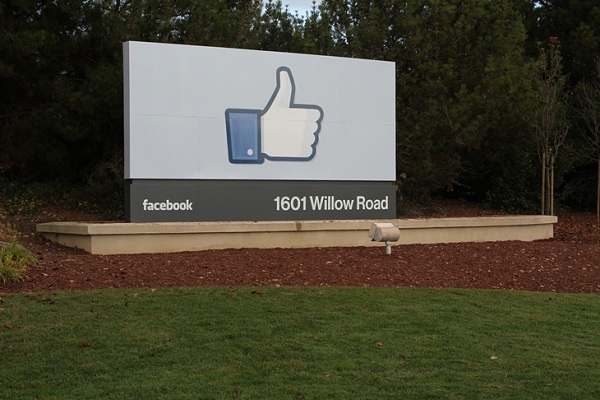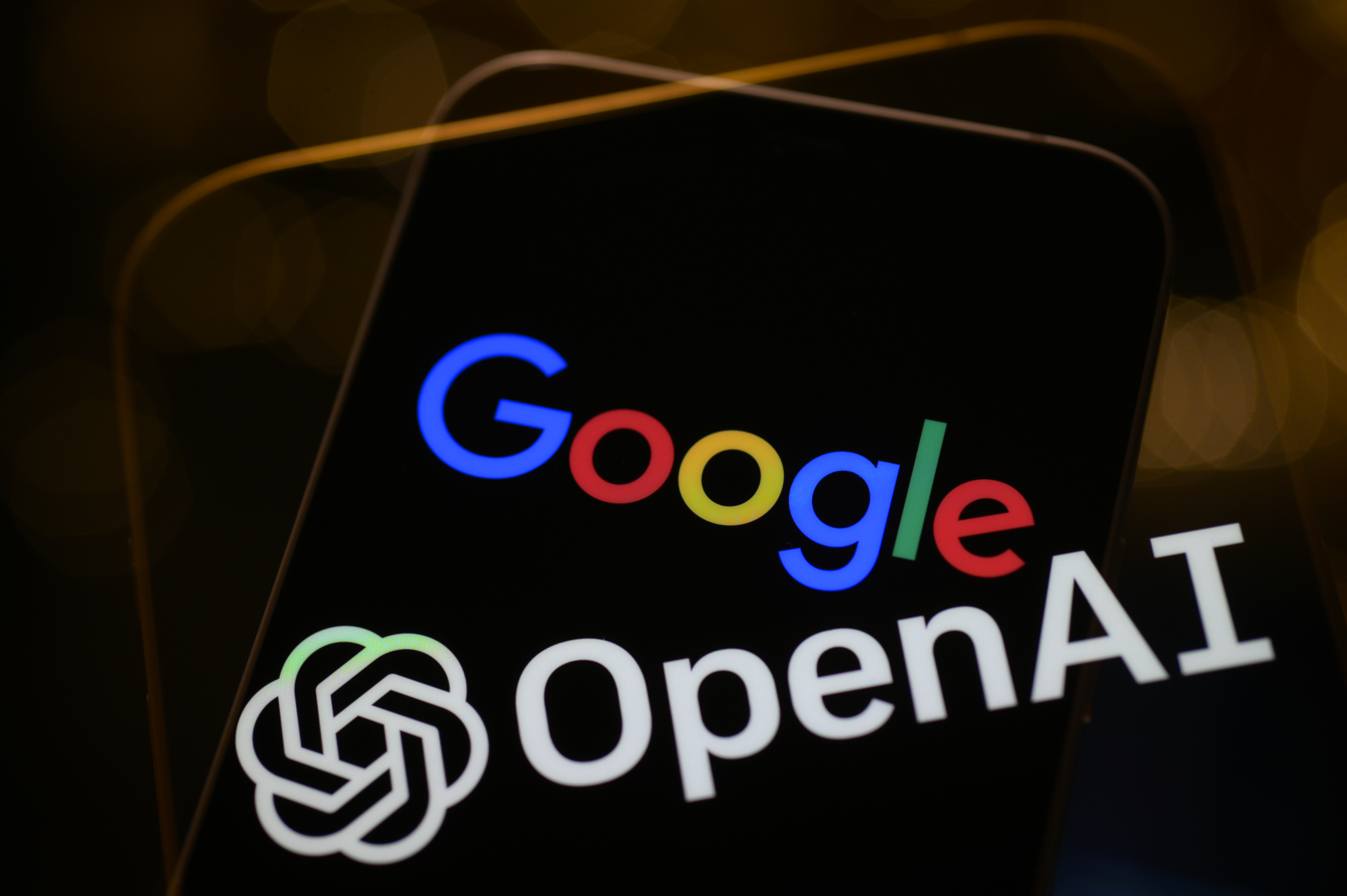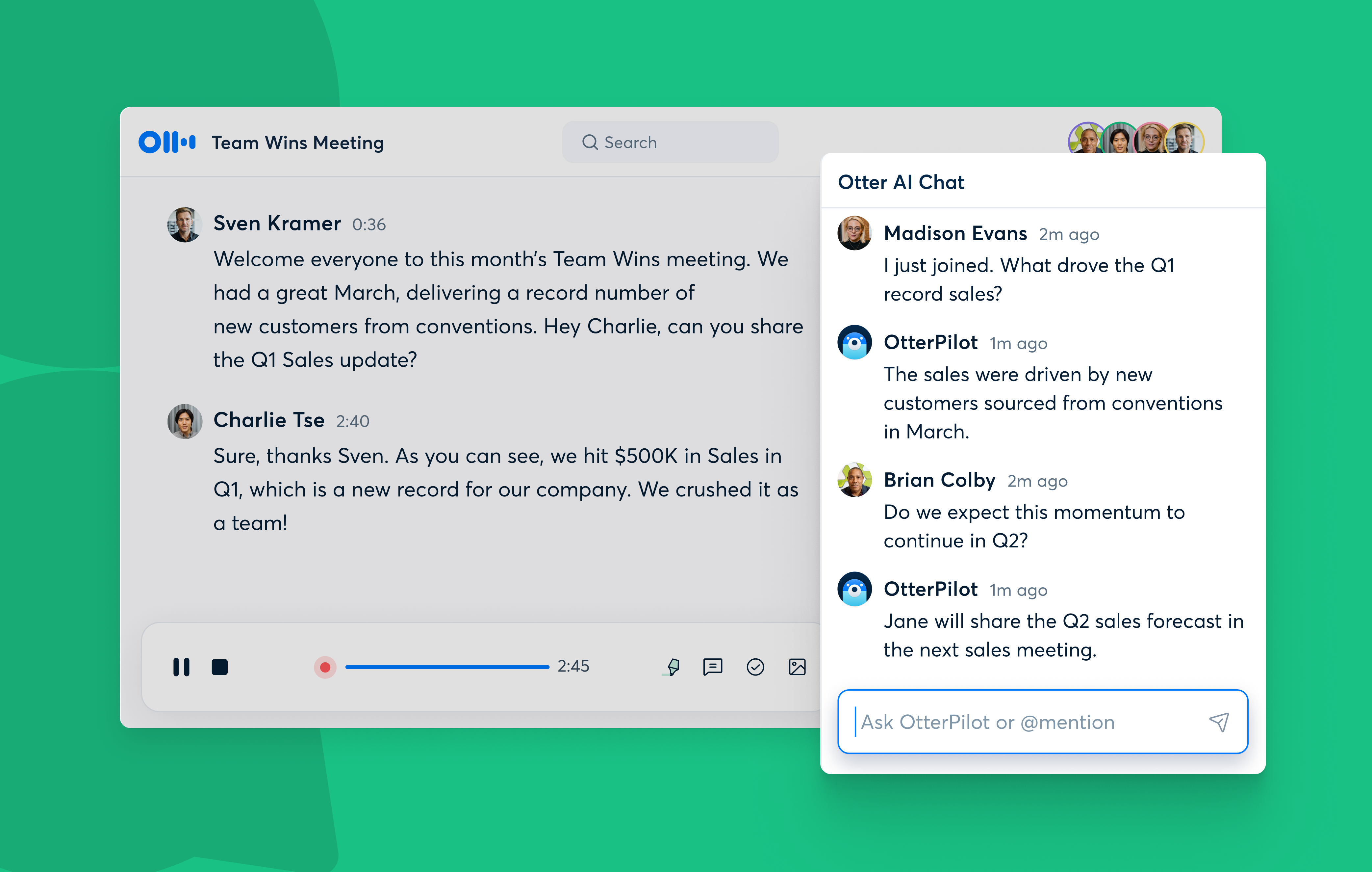Facebook Graph Search: What it means for Google, Microsoft and business users
Caroline Donnelly takes a closer look at how the launch of the social networking giant's new search service could benefit business users.

If Facebook users type in a string, such as "Find restaurants where my friends eat in London", they'll be presented with a list of places their connections have recently checked-in at and recommended.
A similar search on Google would generate a list of London restaurants, but unless they've eaten there before or heard good things from a friend or colleague users will be flying blind.
Given the value people place in the recommendations of friends, users may over time become more inclined to rely on a Facebook search to find things to do than a Google one. Especially if it means they don't have to leave the site.
This could be a troubling development for Google, which has been striving to provide users of its Google+ social networking site with a more personalised web search experience for some time.
What Google has in its favour is that it already has the information (and possibly the algorithms) needed to deliver this, but the Google+ user base is nowhere near as large as Facebook's.
One way Google could make Graph Search work for it is by teaming up with Facebook in the same way Microsoft has. This is an idea Zuckerberg has entertained, but he suggested the firm couldn't agree on privacy terms with the web giant.
"I'd love to work with Google...[because] we want to make search social [and more open] in general," he added.
Sign up today and you will receive a free copy of our Future Focus 2025 report - the leading guidance on AI, cybersecurity and other IT challenges as per 700+ senior executives
What it means for Microsoft
According to data from internet market analyst NetMarketShare, Google currently holds more than 83 per cent of the global search engine market for desktop devices. Yahoo is in second place with a shade over 8 per cent, while Bing is third with 4.6 per cent. I'd love to work with Google.On top of this, a report on US news site Daily Caller recently claimed that Microsoft is losing $2billion a year on Bing. The Facebook connection could help the firm staunch some of these losses by sending more traffic Bing's way.
This all largely depends on how long the Facebook-Microsoft partnership is forecast to last for and if the site never does manage to resolve its apparent privacy issues with Google.
At last night's event, it wasn't made explicitly clear if Facebook plans to make Bing a permanent part of its search service or rely on it to plug the gaps until it has the data needed to do that itself.
If it is a relatively short-term thing, it certainly won't do the Bing brand any harm to be closely associated with the world's largest social networking site. It could also provide it with a stay of execution, because there's only so long any company can afford to support a business that's supposedly not making much money.
If Facebook is planning to make Bing a permanent fixture (and users take to Graph Search in the way Zuckerberg obviously hopes they will), this could be very good news for the search engine and, at the very least, help it make a dent in Yahoo's market share.
As for Google, the internet giant is unlikely to roll over and let Facebook encroach too much on its territory, and the site will undoubtedly remain the default search choice for most web users for a long time to come.
What will be interesting to see is, if Google does lose some share to this Facebook-Bing venture, if this might prompt the firm to come round to the social networking site's way of thinking on privacy.Continues over page...
-
 OpenAI's 'Skills in Codex' service aims to supercharge agent efficiency for developers
OpenAI's 'Skills in Codex' service aims to supercharge agent efficiency for developersNews The Skills in Codex service will provide users with a package of handy instructions and scripts to tweak and fine-tune agents for specific tasks.
-
 Cloud infrastructure spending hit $102.6 billion in Q3 2025
Cloud infrastructure spending hit $102.6 billion in Q3 2025News Hyperscalers are increasingly offering platform-level capabilities that support multi-model deployment and the reliable operation of AI agents
-
 Big Tech AI alliance has ‘almost zero’ chance of achieving goals, expert says
Big Tech AI alliance has ‘almost zero’ chance of achieving goals, expert saysNews Companies like Microsoft, Google, and OpenAI all have competing objectives and approaches to openness, making true private-sector collaboration a serious challenge
-
 Otter.ai brings collaborative AI to meetings with Otter AI Chat
Otter.ai brings collaborative AI to meetings with Otter AI ChatNews The speech-to-text giant has set its sights on contextual AI
-
 Slack says automation can save every employee a month of work per year
Slack says automation can save every employee a month of work per yearNews Research from Slack found that workers believe generative AI tools will revolutionize productivity
-
 Generative AI has left the metaverse in the dust
Generative AI has left the metaverse in the dustOpinion Generative AI demonstrating tonnes of business use cases only serves to highlight the hopelessness of the metaverse
-
 Meta to pay $725 million in Cambridge Analytica lawsuit settlement
Meta to pay $725 million in Cambridge Analytica lawsuit settlementNews The settlement closes the long-running lawsuit into how Facebook's owner, Meta, handled the Cambridge Analytica scandal
-
 Meta's earnings are 'cause for concern' and 2023 looks even bleaker
Meta's earnings are 'cause for concern' and 2023 looks even bleakerAnalysis Calls for investor faith in metaverse tech only emphasise the worries that its investment strategy won't pay off
-
 Seven steps to keeping metaverse meetings safe and secure
Seven steps to keeping metaverse meetings safe and secureIn-depth There are practical measures you can take to keep virtual meetings productive, safe and ethical as your team embraces VR-powered spaces
-
 Into the metaverse: Everything we learned from our virtual tour
Into the metaverse: Everything we learned from our virtual tourOpinion Constant distractions – and not much collaboration – make it hard to see the business use cases